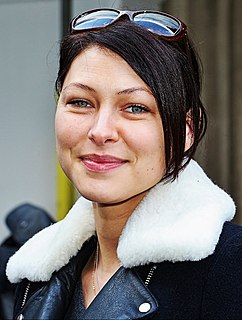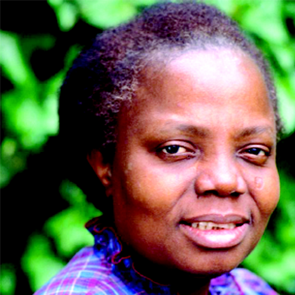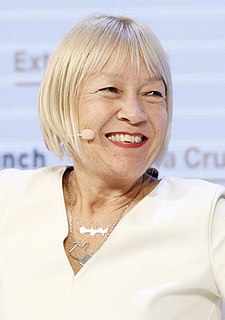A Quote by Katy Perry
I am not a feminist, but I do believe in the strength of women.
Related Quotes
Maybe I'm a bad feminist, but I am deeply committed to the issues important to the feminist movement. I have strong opinions about misogyny, institutional sexism that consistently places women at a disadvantage, the inequity in pay, the cult of beauty and thinness, the repeated attacks on reproductive freedom, violence against women, and on and on. I am as committed to fighting fiercely for equality as I am committed to disrupting the notion that there is an essential feminism.
I believe I was raised with feminist values, but I don't think I ever heard my Mom call herself a feminist. Before I identified as a feminist myself, I thought of feminism as more of a historical term describing the women's movement in the '70s but didn't know much about what they had done and didn't think it applied to my life at all.
Feminism is a choice, and if a woman does not want to be a feminist, that is her right, but it is still my responsibility to fight for her rights. I believe feminism is grounded in supporting the choices of women even if we wouldn't make certain choices for ourselves. I believe women not just in the United States but throughout the world deserve equality and freedom but know I am in no position to tell women of other cultures what that equality and freedom should look like.
The potential significance of Black feminist thought goes far beyond demonstrating that African-American women can be theorists. Like Black feminist practice, which it reflects and which it seeks to foster, Black feminist thought can create a collective identity among African-American women about the dimensions of a Black women's standpoint. Through the process of rearticulating, Black feminist thought can offer African-American women a different view of ourselves and our worlds

































